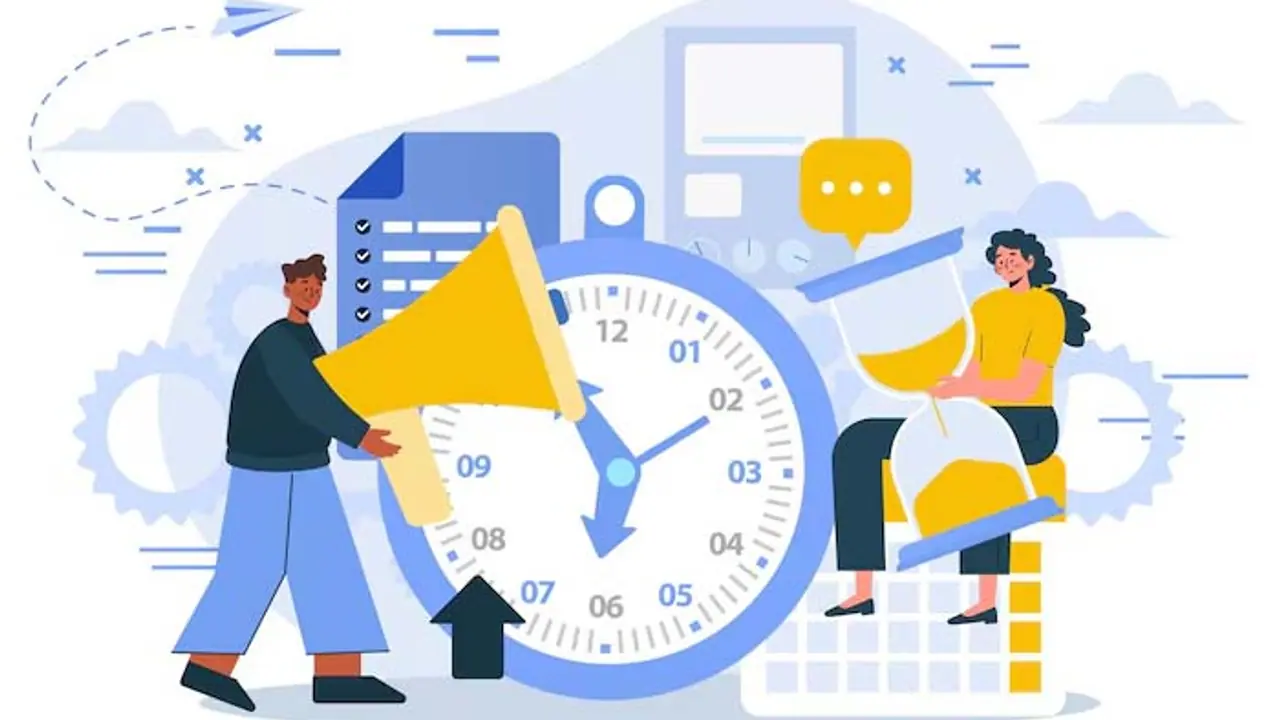Mastering time management strategies can greatly improve productivity and professional development. Adopting these approaches will assist you with staying focused, lowering stress, and improving work efficiency.
Efficient time management is an essential skill for career professionals wishing to enhance efficiency, decrease stress levels, and achieve professional success. Amidst distractions and work pressures, efficient time management skills can ensure that you remain focused and achieve more. Efficient time management skills are enumerated below.

Effective time management techniques to boost productivity:
1. Prioritize Tasks Using the Eisenhower Matrix
The Eisenhower Matrix allows for the separation of tasks into four quadrants according to their importance and urgency:
Urgent & Important – Do it now.
Important but Not Urgent – Schedule later.
Urgent but Not Important – Delegate whenever you can.
Neither Urgent nor Important – Eliminate to save time.
This technique will make you focus on the high-impact activities instead of wasting time on non-impact activities.
2. Apply the Pomodoro Technique for Enhanced Focus
The Pomodoro Technique is working 25 minutes with focus in cycles, interrupted by a 5-minute break. Break after four cycles and rest for 15-30 minutes. This technique:
Enhances focus by stopping distractions.
Avoids burnout by introducing regular breaks.
Enhance efficiency by staying organized.
3. Set SMART Goals for Better Organization
SMART goals are:
Specific – Precisely state what needs to be done.
Measurable – Measure progress well.
Achievable – Reasonable expectations.
Relevant – Map goals to professional objectives.
Time-bound – Fix deadlines to maintain the momentum.
SMART goal setting prevents procrastination and ensures consistent progress towards professional achievement.
4. Reduce Distractions and Time Wasters
Typical distractions such as social media, email, and non-productive meetings can drag productivity. To remain on track:
Employ website blockers to restrict distractions.
Schedule checking of emails rather than responding immediately.
Establish boundaries for interruptions to work.
Make meetings short and formal.
Elimination of distractions enables you to work most efficiently and finish tasks in less than minutes.
5. Delegate Tasks for Improved Efficiency
Delegation is central to effective time management. Pinpoint tasks that can be:
Given to other employees according to their ability.
Managed through productivity software.
Removed if they are not contributing to value.
Delegation releases time for vital responsibilities, and overall efficiency improves.


